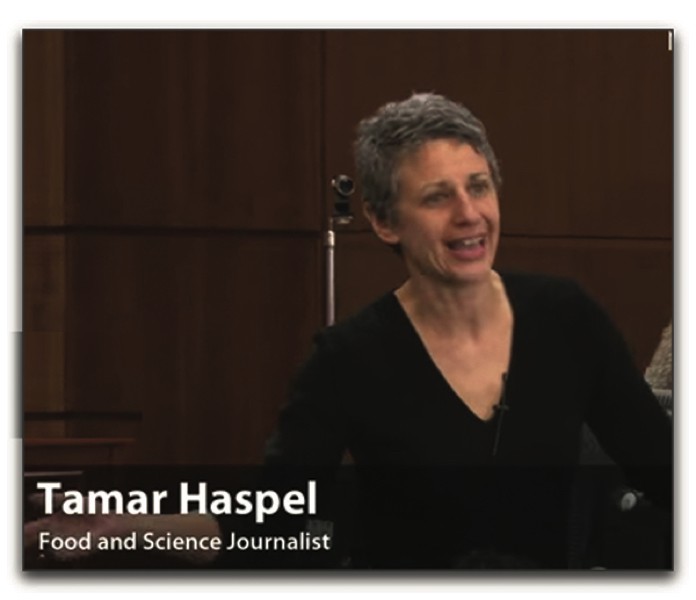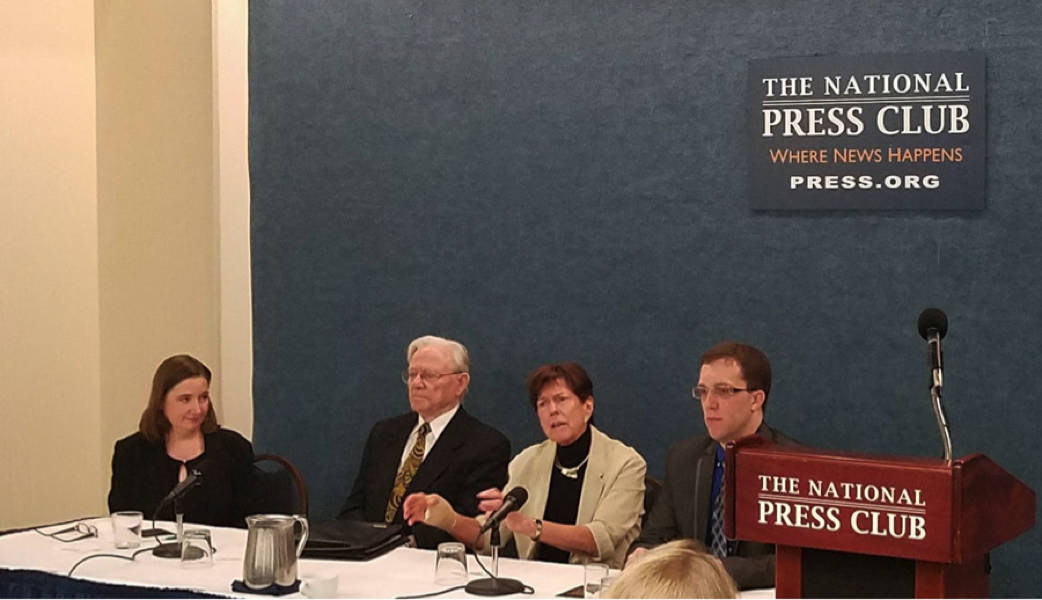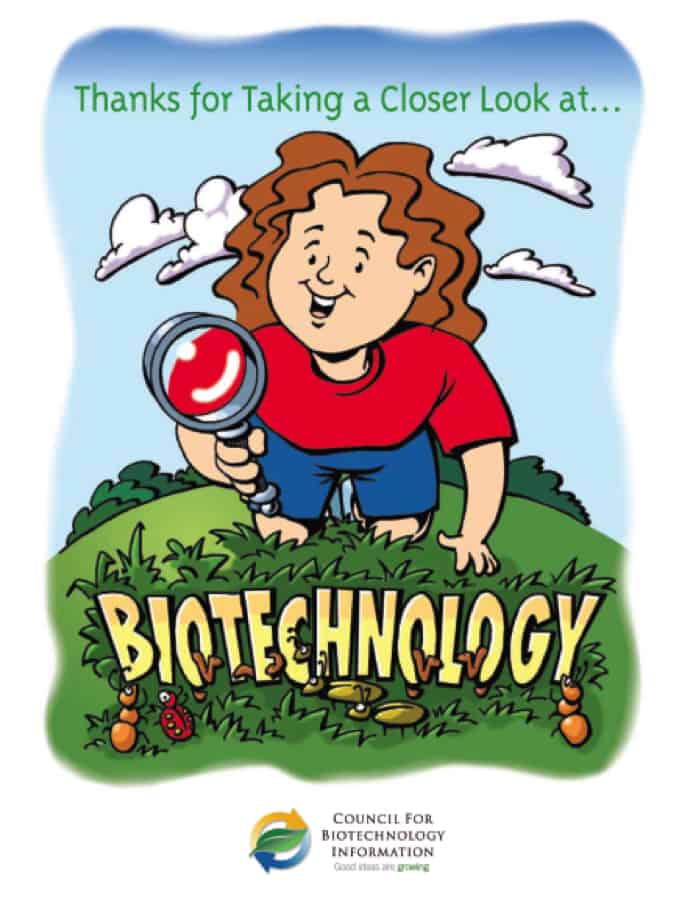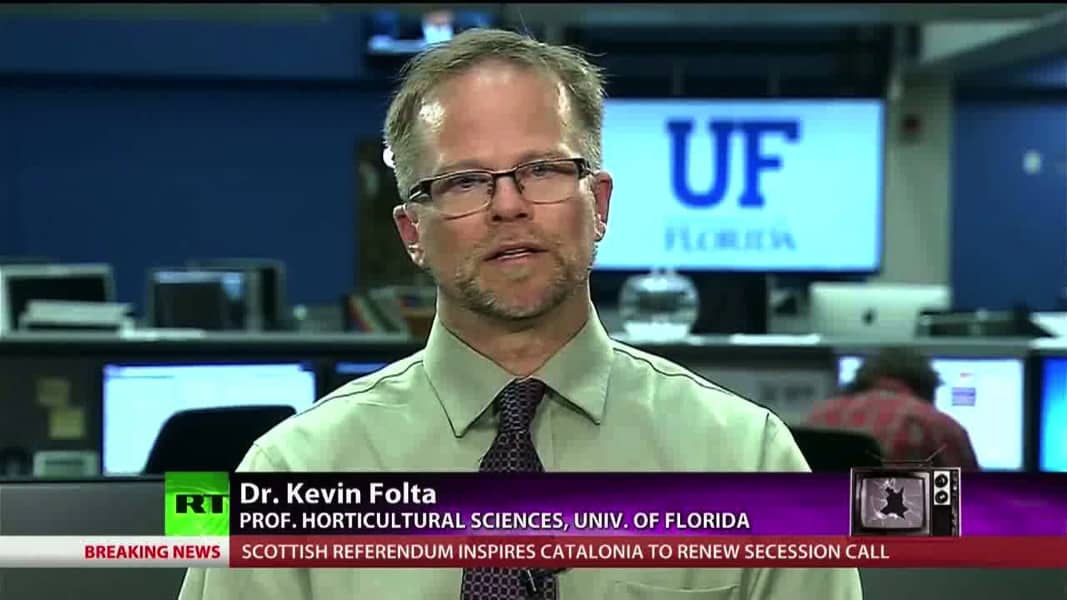
Tamar Haspel is a freelance journalist who has been writing monthly food columns for the Washington Post since October 2013. Her columns frequently promote and defend pesticide industry products, while she also receives payments to speak at industry-aligned events, and sometimes from industry groups. This practice of journalists receiving payments from industry groups, known as … How Tamar Haspel Misleads Readers of the Washington Post

Nina Fedoroff, PhD, is one of the most influential scientists advocating for the proliferation and deregulation of genetically engineered foods. As president and board chair of the American Association for the Advancement of Science (AAAS) from 2011-2013, she used her position to advance policy objectives of the pesticide and biotechnology industries. In 2015, Dr. Fedoroff … Nina Fedoroff: Mobilizing the authority of American science to back Monsanto

The Council for Biotechnology Information (CBI) was a public relations campaign launched in April 2000 by seven leading chemical/seed companies and their trade groups to persuade the public to accept genetically engineered foods. The initiative — created in response to public concerns about the health and environmental risks of genetically engineered foods — said its … CBI, GMO Answers, CropLife: pesticide industry PR salvos

Kevin Folta, Ph.D., a professor in the Horticulture Sciences Department at University of Florida, has provided inaccurate information and engaged in misleading activities in his efforts to promote genetically engineered foods and pesticides. He is a senior contributing columnist to the Genetic Literacy Project, a chemical industry promotion group that receives funding from Bayer. He … The misleading ways of Dr. Kevin Folta

March 2019 update: Newsweek gets ad money from Bayer; publishes op-eds favorable to Bayer By Stacy Malkan Facts don’t matter in commentaries printed by Newsweek as long as the writer “seems genuine.” That’s the troubling implication from an email exchange I had with Newsweek Opinion Editor Nicholas Wapshott after I raised concerns about a column … Newsweek’s Bizarre Standards for Opinion Writers

Also see: Buckraking on the Food Beat: When is it a conflict of interest? Washington Post Food Columnist Goes to Bat for Monsanto On September 23rd, Washington Post food columnist Tamar Haspel admitted to receiving “plenty” of money from pro-agrichemical industry sources. Following her admission, I thought it might be useful to report on journalists … A Short Report on Journalists Mentioned in our FOIA Requests